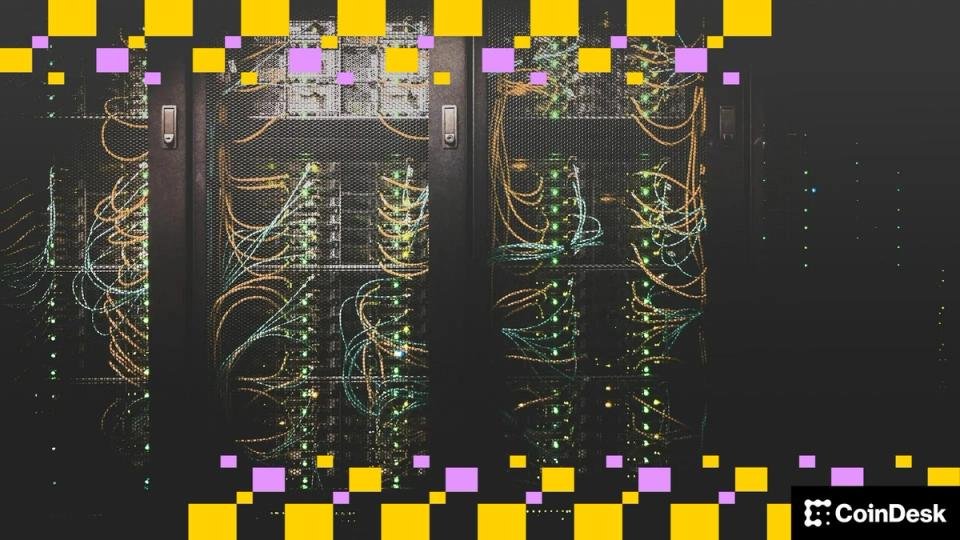British Columbia’s Permanent Ban on Cryptocurrency Mining
In a significant regulatory shift, British Columbia has announced plans to permanently prohibit new cryptocurrency mining operations from accessing its electricity grid. The provincial government cites the imperative to safeguard power supplies for job-generating industries and to maintain public revenue streams. This decision underscores a broader legislative reform aimed at managing energy consumption across various sectors while prioritising economic growth and sustainability.
The announcement, made by the government of Canada’s third-largest province, reflects a growing concern over the immense energy demands from cryptocurrency mining operations. These activities consume substantial amounts of electricity, often generating minimal local employment and tax revenue. In stark contrast, industries such as mining and liquefied natural gas (LNG) production are perceived as more beneficial to the economy, providing jobs and contributing significantly to public finances.
Charlotte Mitha, President and CEO of BC Hydro, highlighted the necessity of managing energy use effectively as various traditional and emerging industries demand unprecedented electricity consumption. This strategy positions BC Hydro to navigate the province’s energy expansion responsibly. By imposing these regulations, the government aims to ensure reliable grid operations and a clean, affordable energy future for British Columbia.
In addition to banning new cryptocurrency mining operations, British Columbia’s government plans to curb electricity consumption for data centres and artificial intelligence (AI) companies. This multifaceted approach seeks to prevent grid strain and allocate electricity efficiently, particularly as industries evolve and require more energy. A competitive process for electricity allocation for AI and data centres is scheduled to begin in January 2026, indicating a shift toward carefully regulating electricity distribution in line with industry demands.
The decision to implement these changes is part of a broader context where power management is becoming increasingly critical. The province’s stringent measures are designed not only to mitigate stress on the grid but also to encourage the use of clean energy sources in industrial development. The reforms reflect a commitment to sustainability while balancing industrial growth and job creation in a rapidly changing economic landscape.
The regulatory changes expected to roll out by November will provide more specifics about the new limitations on electricity supply for data centres and AI companies. As the province moves forward with these plans, it aims to foster a cleaner energy economy while ensuring that new regulations are equitable and beneficial to long-term economic growth. The proactive stance by British Columbia is a response to the complex challenges posed by emerging technologies, reinforcing the importance of strategic energy management in the province’s future development.


